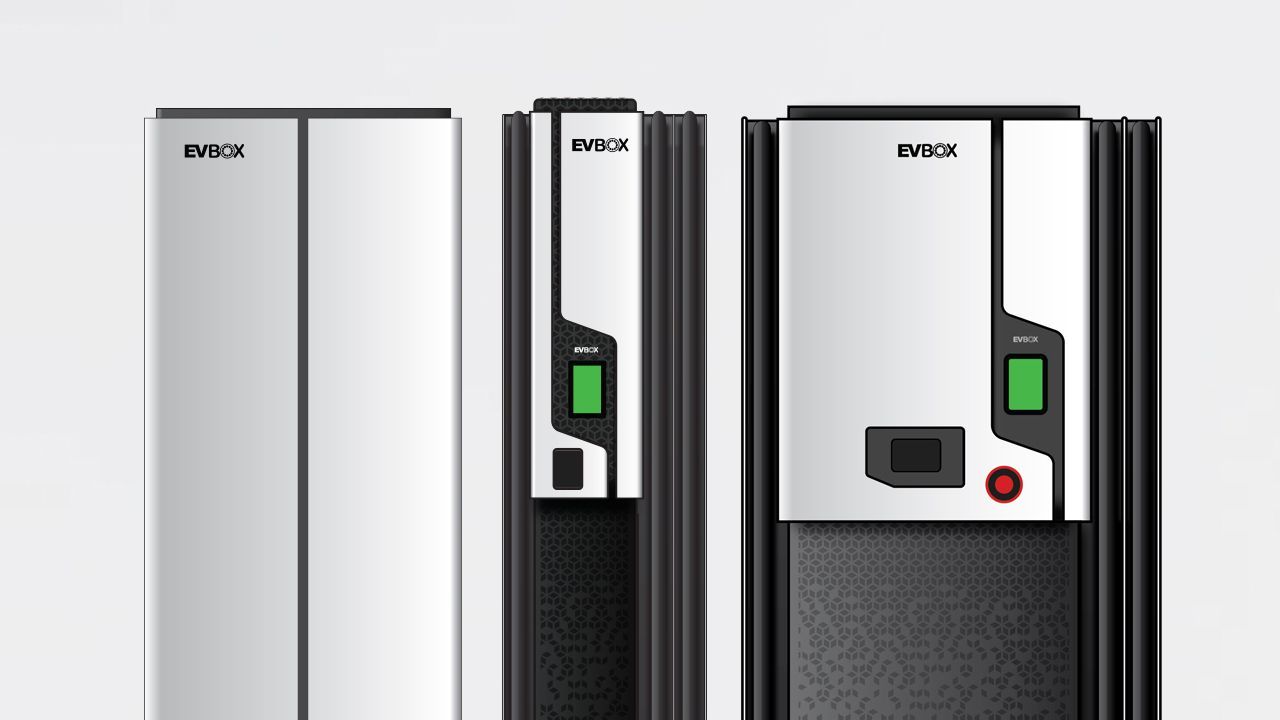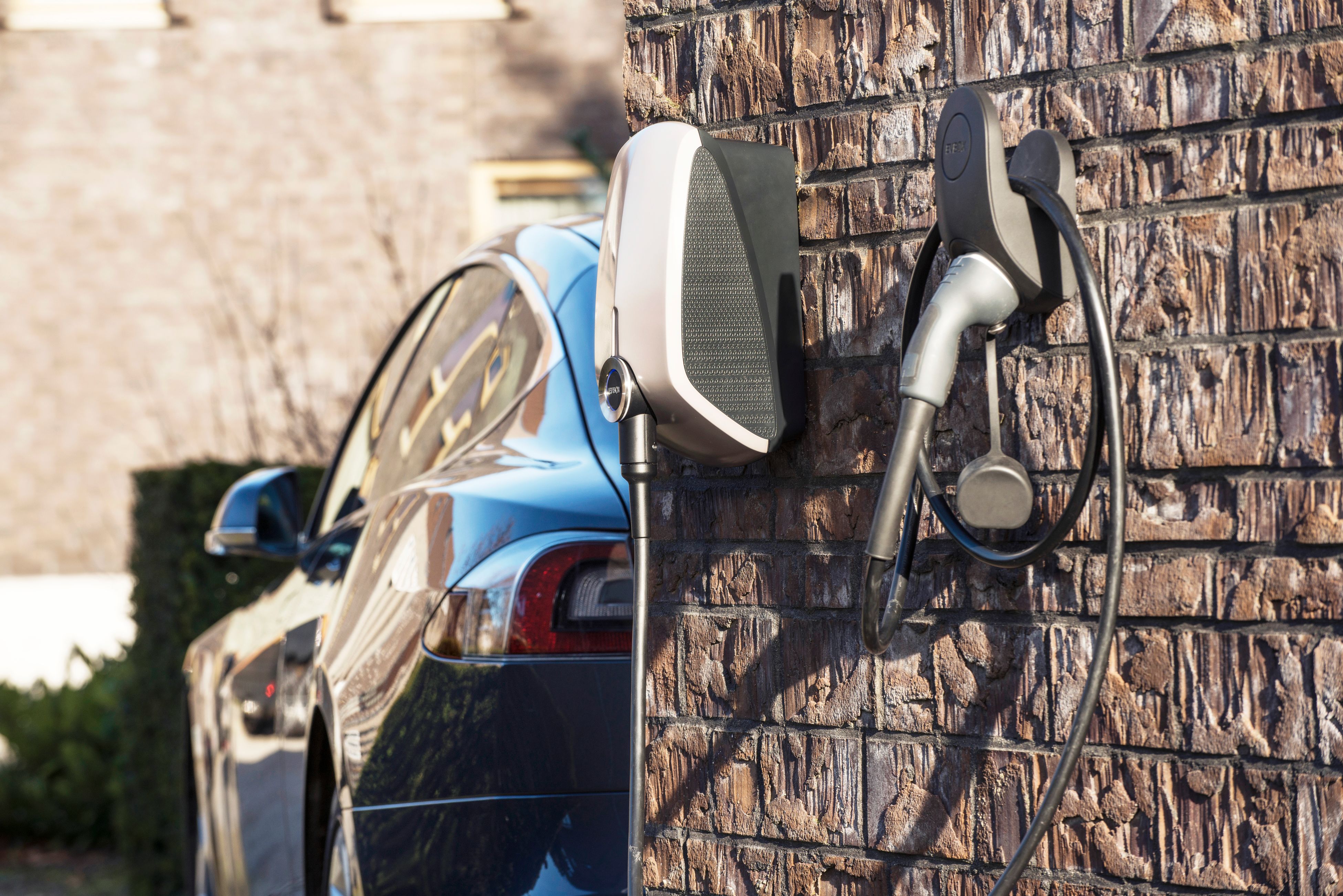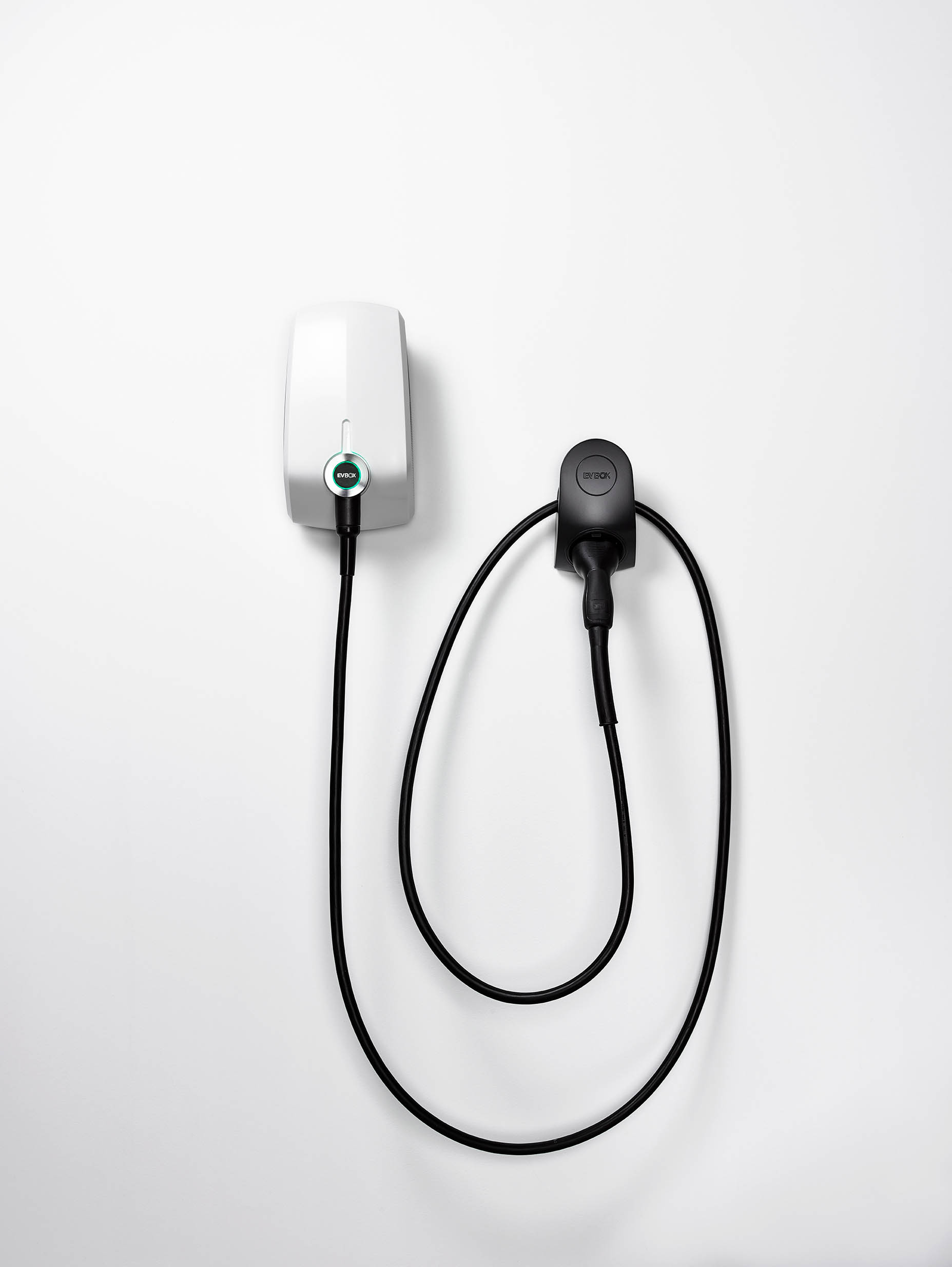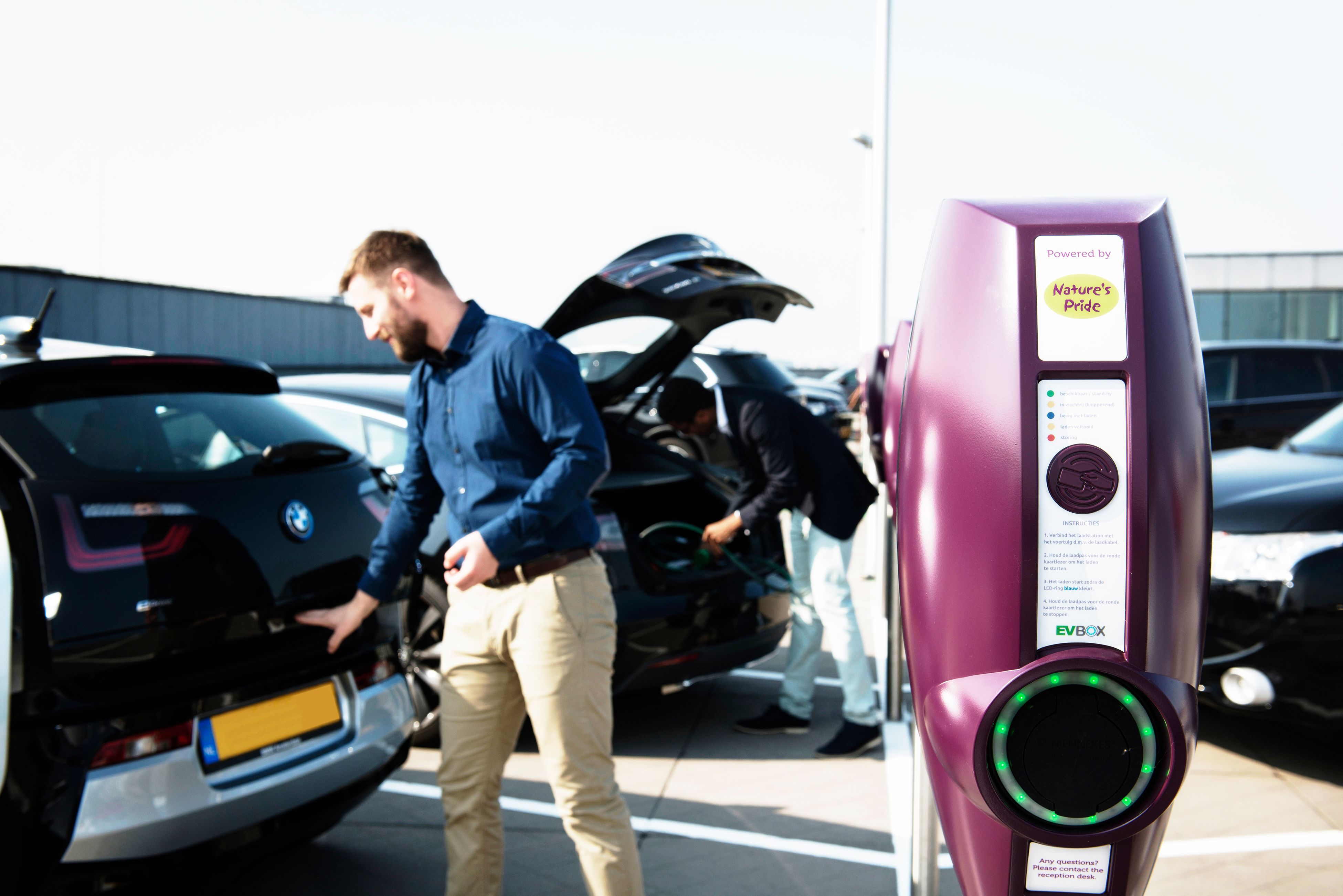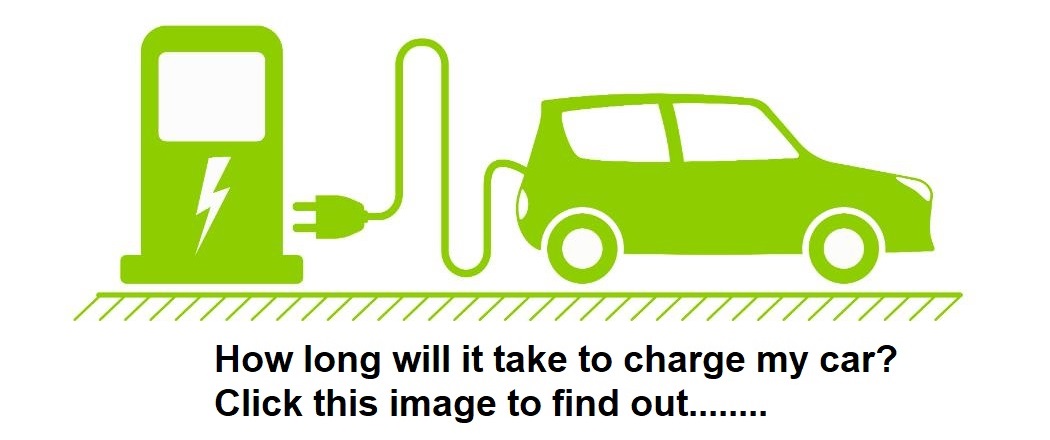
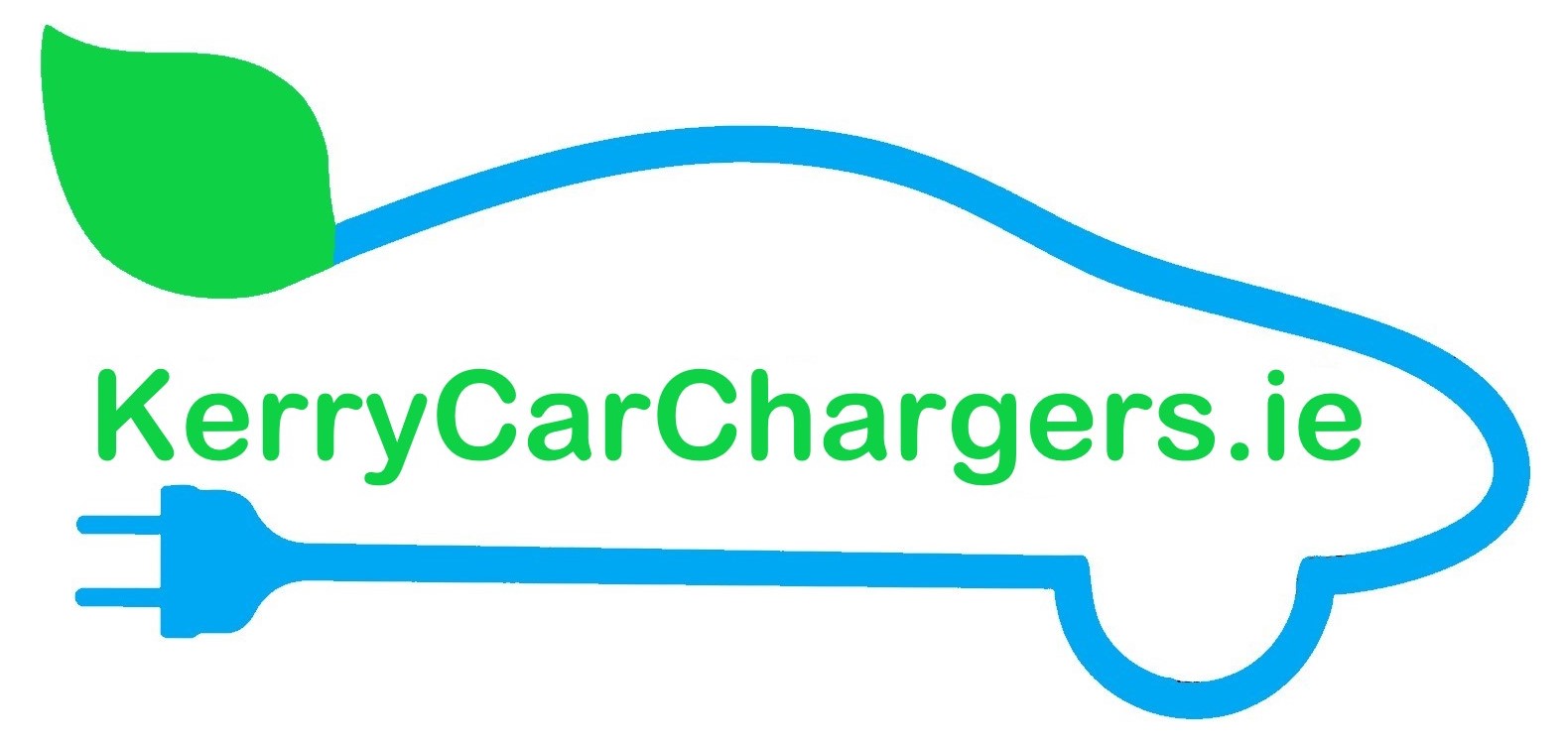
Welcome to Kerry Car Chargers
Freeman Electrical Services are now delighted to be able to offer installation at your home of Electric Vehicle Home Charging points for all makes of Electric Vehicles in Ireland.
This amazing new technology enables you to not only save money but also do your bit for future generations by protecting the environment. Contact us today for more information.
Key Services Offered:
- Help and advice on which type and size of Electric Car Charger best suits your needs.
- Supply and Installation of a range of Domestic & Commercial Electric Car Chargers.
- Fully Certified With Safe Electric, RECI & EVBOX for AC and Fast DC Chargers.
Priority & Non-Priority Power Units
Needed when you have an existing electric shower or other high load devices.
Load Balancing Unit
Ideal if you have a heat pump installed as it gives your charger as much available electricity as possible.
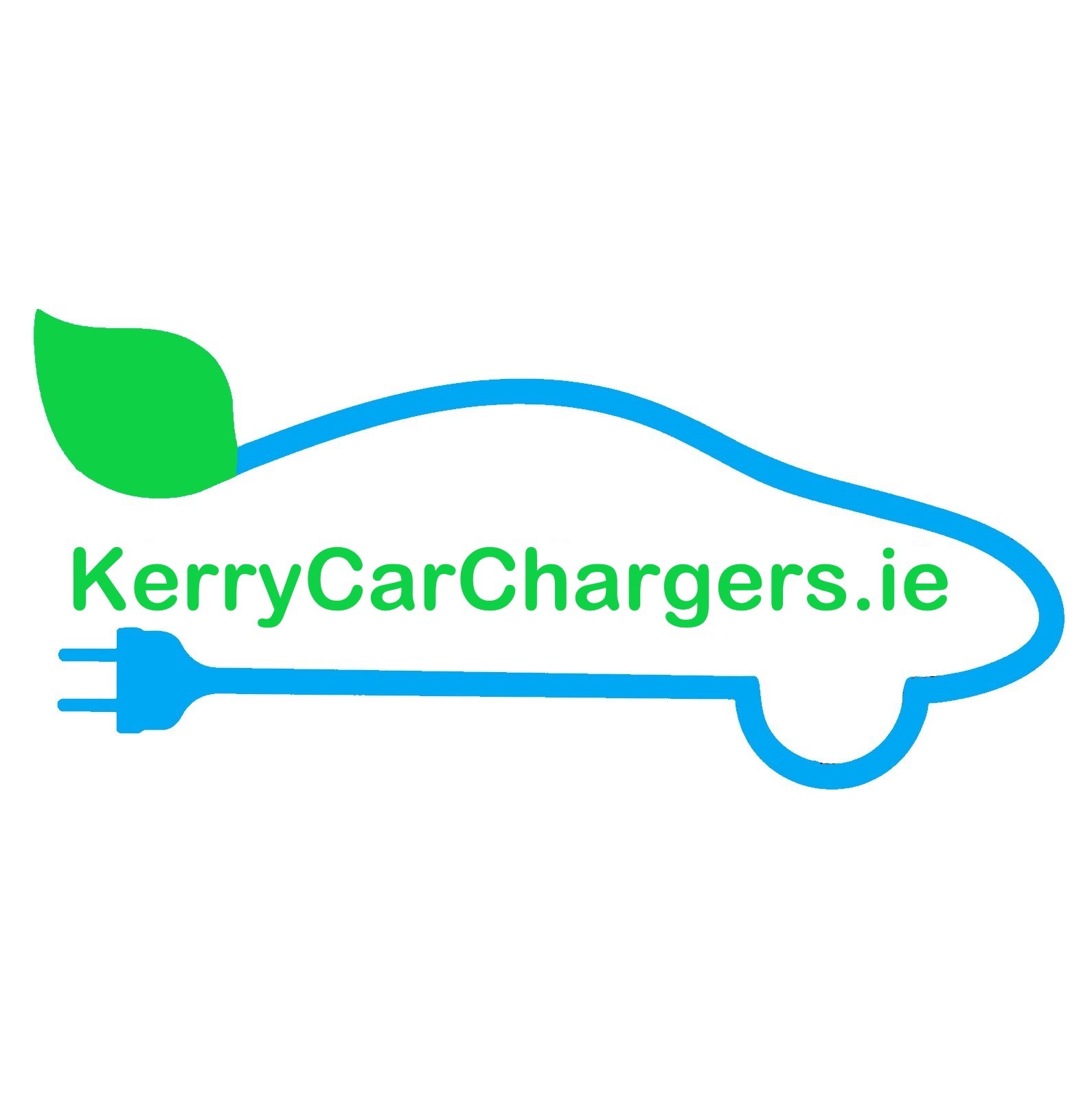
Question & Answers
How much does an electric car charger cost?
You can avail of an Electric Vehicle Home Charger from just €899* subject to grant approval.
What are the different types of Electric Vehicle?
Battery Electric Vehicles (BEV): BEVs use only a battery to power the motor and the batteries are charged by plug-in charging stations. Hybrid Electric Vehicles (HEV): HEVs are powered by traditional fuels as well as electric energy stored in a battery. Instead of a plug, they employ regenerative braking or the internal combustion engine to charge their battery. Plug-in Hybrid Electric Vehicles (PHEV): PHEVs have internal combustion or other propulsion source engines and electric motors. They are also powered by either conventional fuels or a battery, but the batteries in PHEVs are larger than those in HEVs. PHEV batteries are charged either by a plug-in charging station, regenerative braking or the internal combustion engine. .
Does an Electric Vehicle cost less than a conventional car?
Due to their relative newness, electric cars have a higher purchase price than conventional cars. However, several factors help reduce the overall cost. These include: A zero rate of VRT relief of up to €5,000. A purchase grant for up to €5,000. A lower road tax of €120. Reduced maintenance costs (due to fewer moving parts) including dramatically lower fuel costs.
Can I plug my Electric Car into my regular house socket?
No, you should not plug your car into a regular house or outdoor socket or use extension cables as this may be dangerous. The safest way to charge an electric car at home is to use dedicated electrical vehicle supply equipment (EVSE). This consists of an outdoor socket properly protected against rain and a residual current device type that is designed to handle DC pulses, as well as AC current. A separate circuit from the distribution board should be used to supply the EVSE. Extension leads should not be used, as even uncoiled; they are not intended to carry full rated current for lengthy periods.
Where is the Home Charge Point Installed?
The Home Charge Point is installed on an external wall close to where you park your car. For most houses this can easily be installed. However if you live in apartment without your own parking space, or in a terraced house with a public footpath at your front door it can be difficult to have a charge point installed.
What is a Priority & Non Priority Power Device?
Electric showers are usually rated between 9 & 10KW and take a total of 40 amps when they are on. If the electric shower and the car charger are on at the same time the total load will be 72 amps which exceed the rating of the mains house fuse which could cause it to blow. Many products on the market today combat this problem to ensure that only one can be on at any time. The two main products that allow for this type of control are priority and non-priority units. The Priority shower uses a master and slave relationship between the shower and the car charger. With this controller, the master shower (1) always works when it is switched ON. If the slave car charger (2) is operating, and the master shower (1) is turned ON, the slave car charger (2) will automatically be switched OFF, even if someone is using it. The non-Priority shower treats the shower & car charger equally. Once shower (1) is ON, car charger (2) is isolated. Equally if car charger (2) is ON, shower (1) is isolated.
Are there government incentives for buying an electric car?
The motor tax for a Battery Electric Vehicle Motor Tax costs €120 per year with Plug-In Hybrid Motor Tax typically €170 per year. Toll discounts have been announced to begin in 2018 and is available to the first 50,000 electric vehicles with an electronic tag and this scheme will run until 2022. A maximum grant of €5,000 is available for qualifying Electric Vehicles when purchased privately and is determined by the price of the Electric Vehicle. Grants are also available for commercial Electric Vehicles with a maximum grant of €3,800 for qualifying vehicles.
How do I apply for my Home Charger Grant?
The grant has to be applied for and approved before your Electric Vehicle Home Charger is installed. Please visit the SEAI website for grant application details.
How do I charge my car?
1. Park your vehicle so that the charging socket can be easily reached with the charging connector: The charging cable must not be under any strain during the charging procedure. 2. Open the charging socket on the vehicle. 3. Plug the charging connector into the socket completely. The charging process will only start when the charging connector has a safe connection between the charge point and the car.
Can I disconnect my car when charging?
You can disconnect your car at any time during the charging process.
What is Load Balancing?
If you have high electricity load devices installed in your home ( heat pump ) you may have to install a car charger with load balancing. This system is always measuring how much electricity is being used. When it detects that your demand is too great it automatically reduces the amount of power going to the car charger but does not stop charging, When the high demand has passed it restores maximum power back to the car charger.


